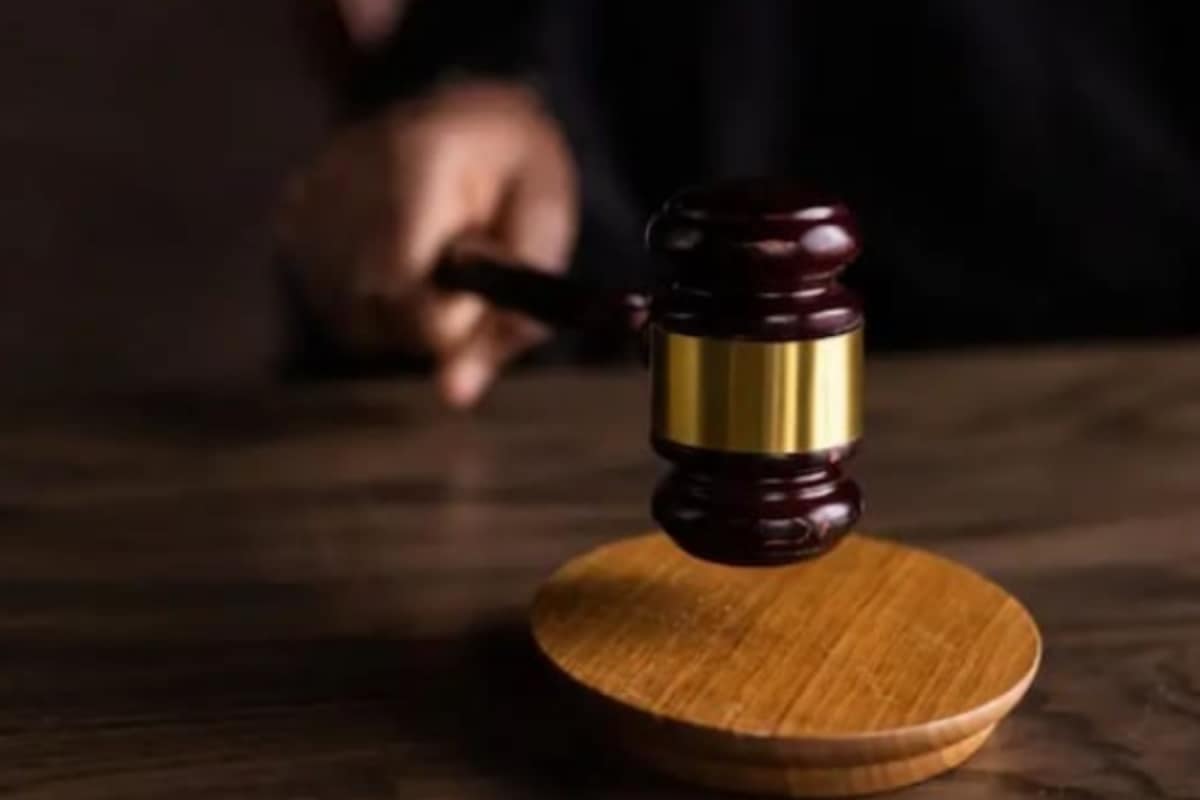

The Delhi High Court has recently affirmed that the use of social media to disseminate radical ideologies falls under the purview of the Unlawful Activities (Prevention) Act (UAPA). This observation was made by a division bench comprising Justice Subramonium Prasad and Justice Harish Vaidyanathan Shankar while hearing a case related to Arsalan Feroze Ahenger, who was accused of propagating extremist views on social media. The court's ruling clarifies that physical activity is not a prerequisite for attracting UAPA charges in cases involving the spread of radical content online.
The bench analyzed Section 18 of the UAPA, which deals with punishment for conspiracy, attempt, advocacy, abetment, or incitement of terrorist acts. The court stated that the provision is framed broadly enough to include digital activities like using social media to spread radical information and ideology. The court emphasized that it isn't necessary for the activity to be a physical one to be considered an offense under Section 18 of UAPA.
The case in question involved Arsalan Feroze Ahenger, who allegedly created social media groups like Ansar Gazwat-UI-Hind (AGH) and Shaikoo Naikoo and used multiple Gmail IDs to express radical views. The National Investigation Agency (NIA) claimed that Ahenger used platforms like Facebook, WhatsApp, Telegram, Instagram, and Twitter to motivate and radicalize vulnerable youth to join terrorist groups like The Resistance Front (TRF). Ahenger also allegedly used images and videos of slain terrorist Mehran Yaseen Shalla to glorify terrorist activities and propagate the radical ideology of TRF to create unrest in the country. The court, denying bail to Ahenger, noted that the messages shared by him had the tendency to incite people to join terrorist activities.
The High Court stated that Ahenger was disseminating information to incite local youths to engage in activities that would lead to a terrorist act, which is sufficient to bring him within the ambit of Section 18 of UAPA. The court also noted that Ahenger was closely associated with slain terrorist Mehran Yaseen Shalla and actively participated in terrorist activities.
This ruling highlights the increasing importance of social media as a tool for spreading radical ideologies and inciting terrorist activities. It also underscores the government's efforts to combat these activities by using the UAPA to prosecute individuals who use social media for such purposes. The court's observation emphasizes that the UAPA is not limited to physical acts of terrorism but also extends to digital activities that promote and encourage violence and unrest.
The Delhi High Court's decision comes amid growing concerns about the misuse of social media platforms for radicalization and recruitment by terrorist groups. The court has previously noted the misuse of social media platforms by terrorists and the use of journalistic credentials to incite violence as factors in sentencing for terrorist activities. The ruling serves as a reminder that those who use social media to promote radical ideologies and incite violence will be held accountable under the law. It also highlights the need for increased vigilance and monitoring of social media platforms to prevent the spread of extremist content.
However, it's important to note that the application of UAPA to social media activities has also raised concerns about freedom of speech and expression. Some critics argue that the broad interpretation of UAPA could lead to the suppression of dissent and the targeting of individuals for expressing their opinions online. There have been instances where individuals have been charged under UAPA for social media posts that were critical of the government. It remains a subject of debate whether the UAPA is being used to curb free speech.